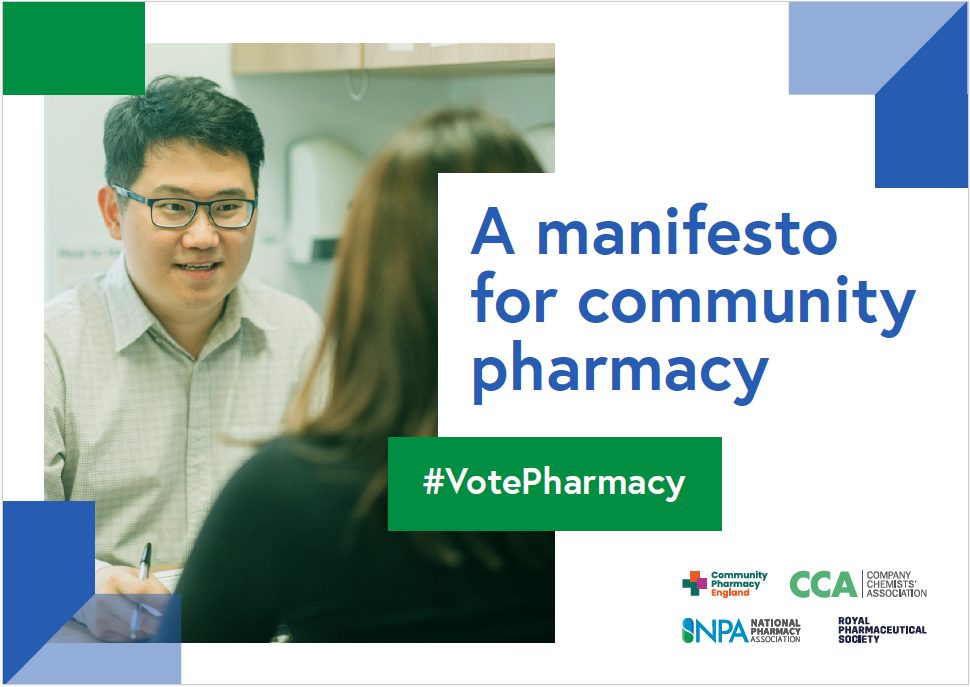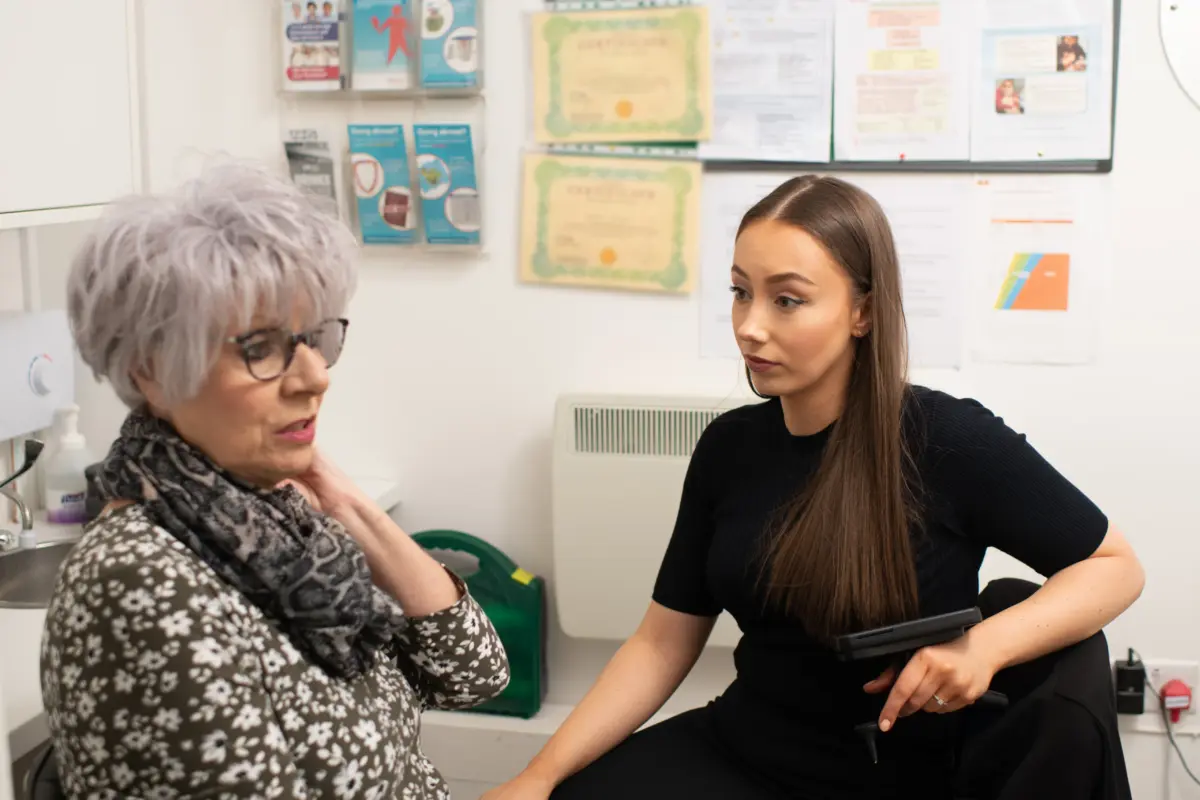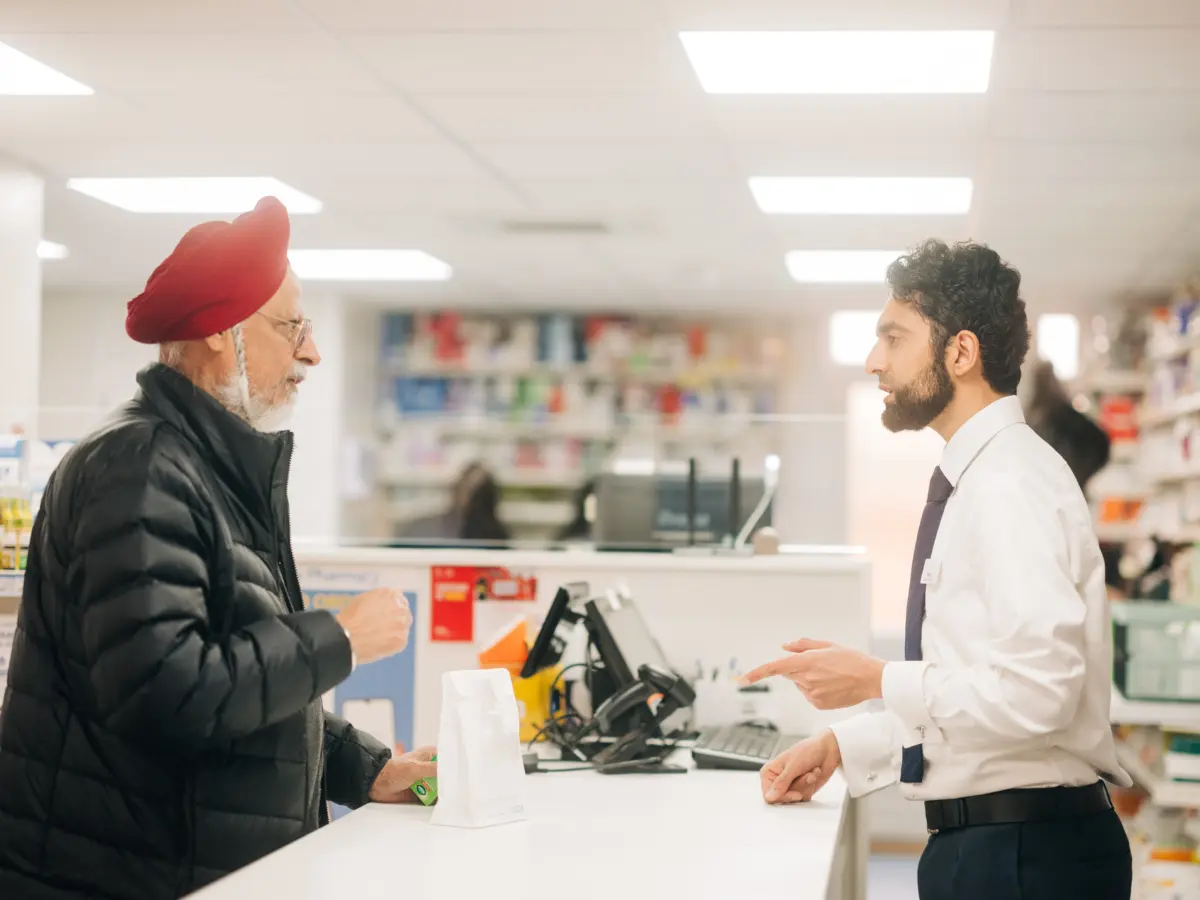Service case study: Devon LPC’s Diabetes Support Service (April 2014)
Published on: 17th April 2014 | Updated on: 28th March 2022
The Community Pharmacy England Evidence Awards, which were supported by the Health Education Foundation, were held during the 2013 LPC Conference to further enhance the evidence base for locally commissioned services. From the many submissions, nine entries were shortlisted based on the evidence submitted, and LPC Conference delegates voted for the five winners from the shortlist.
Devon LPC was one of the winners, winning an award for their Diabetes Support Service. Mark Stone and Sue Taylor, from Devon LPC, were interviewed after the awards to provide more information on how pharmacy teams in the region have been helping diabetes patients to get the most out of their medicines.
When it comes to getting community pharmacy on the healthcare map, an important objective for the sector has been to make pharmacy services a key part of patient care pathways. And that is exactly what Devon LPC decided to work on back in 2010.
Diabetes seemed like a good place to start given the increasing incidence of the condition and the valuable difference that pharmacists could make to patients by helping them to get the most out of their medicines. And so it was that with the backing of their local MP, who has diabetes; support from both regional offices of major charities and from the pharmaceutical industry; plus some public health and CCG backing; Devon LPC set about working out what exactly pharmacy could do, looking in particular at wish lists from local commissioners.
The result was the diabetes MUR toolkit, a resource designed to help develop pharmacists’ knowledge and confidence to provide high quality MURs and to enable them to have a positive influence on therapeutic outcomes for patients taking medicines for diabetes. The toolkit includes information to help pharmacists to improve their understanding and knowledge; it gives them advice on how to structure their MUR consultations with patients, including key messages and prompts; and it provides a template so that pharmacists can give patients a record of the conversation they have had and the advice given.
The toolkit is available to download from the LPC website and can be used by any pharmacy wanting to deliver high quality MURs. “The most important thing about MURs for us is quality,” explains Mark Stone, LPC Pharmacist at Devon LPC. “We believe they should be about making a difference; not driven by numbers.”
The Diabetes Toolkit in figuresIn 2013 twelve Healthy Living Pharmacies (HLPs) in Plymouth took part in the service offering patients face-to-face structured consultations to assess how they were using their medicines and making recommendations to help them improve their adherence.
|
And quality is exactly what the toolkit has brought with it. In an independently evaluated pilot in Plymouth that saw 12 Healthy Living Pharmacies using the toolkit between July 1st 2013 and August 31st 2013, 186 consultations were delivered to 109 patients. Before their consultations over half of those had good adherence to their medicines, but 21% only had reasonable adherence and 21% had poor adherence. In a follow up after their MUR consultation, 88.5% were adhering to all or some of the advice they had received from their pharmacist and patient feedback showed that they felt more in control of their diabetes.
The LPC has been delighted with the results, and hopes others will be able to replicate them, says Mark. “It has been a massive amount of work, but now we have the template we hope others will be able to make use of it. Of course we were delighted to win the Evidence Award but it has also been really rewarding hearing from pharmacies using the toolkit about how much it has helped them and their patients. And we still have a huge number of people downloading it from our website which is great.”
Next up for the LPC will be a psoriasis toolkit as well as working ever more closely with their local CCGs to ensure community pharmacies are part of local disease pathways.
Pharmacy teams can download the diabetes MUR toolkit from Devon LPC’s website at: lpc-online.org.uk.












